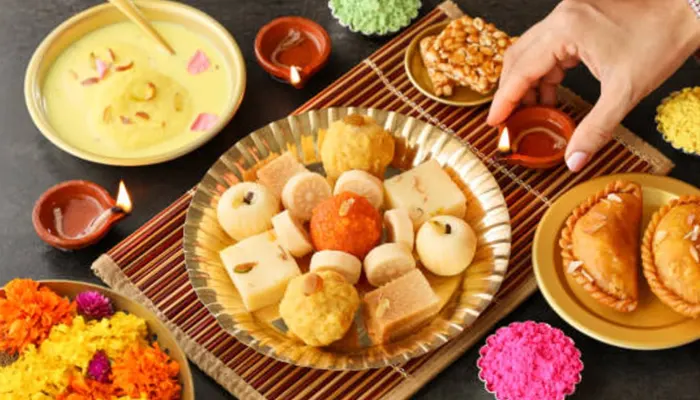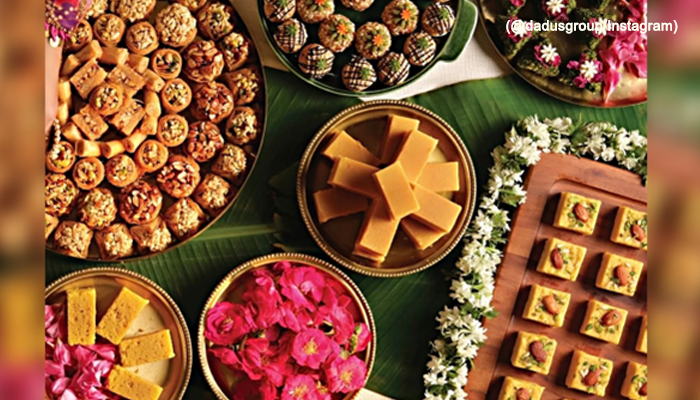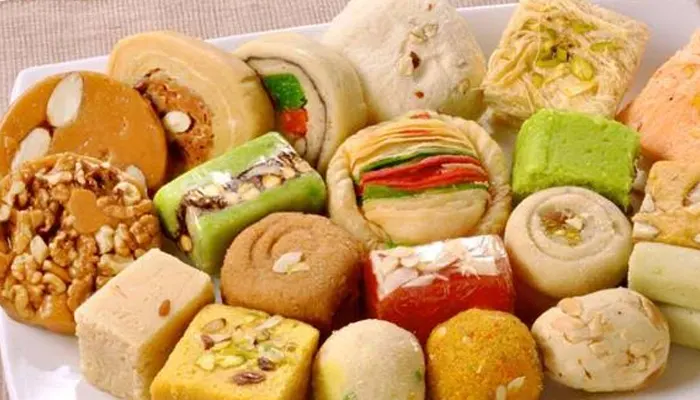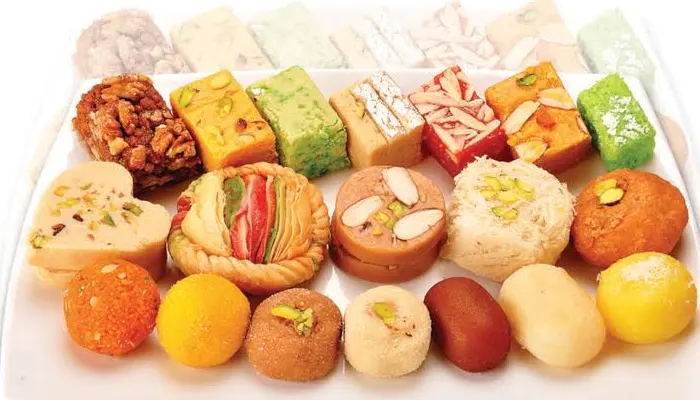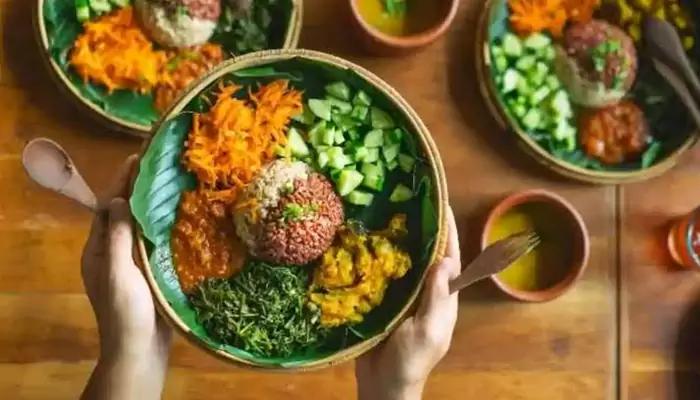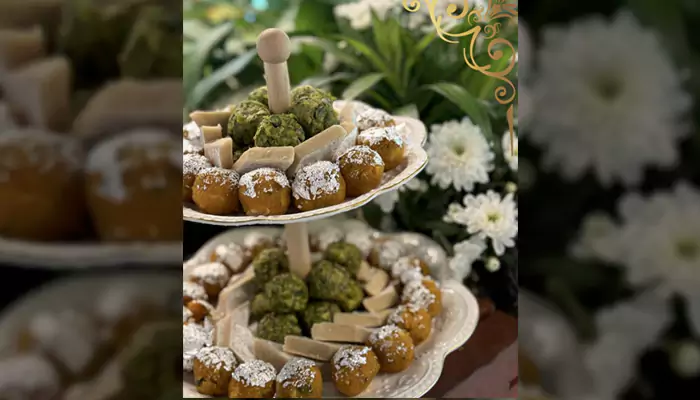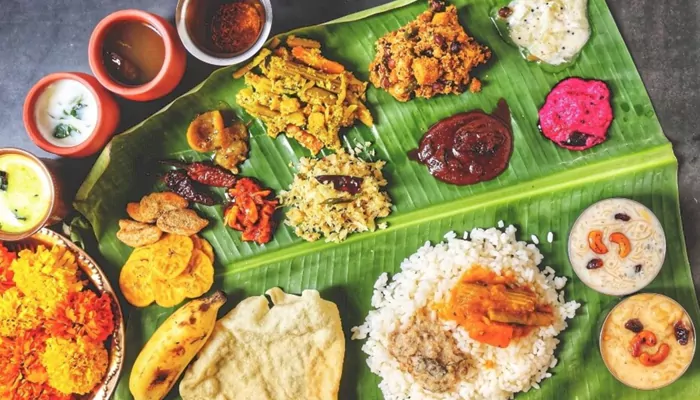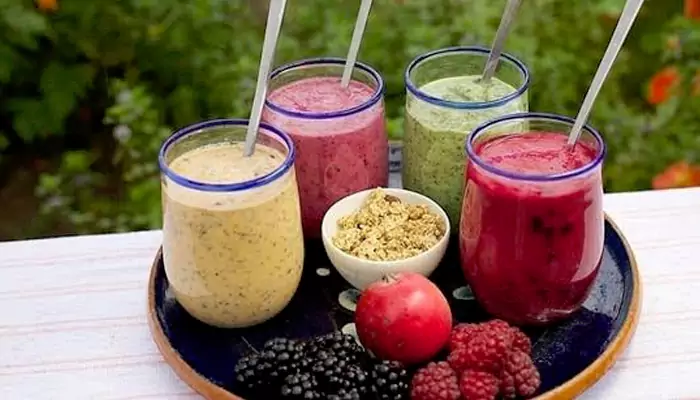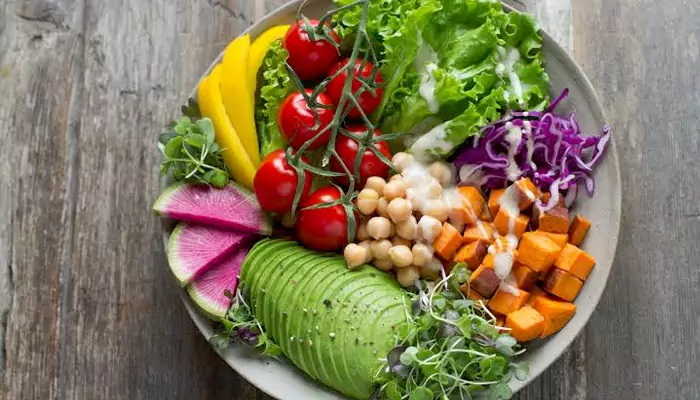Tummy Troubles in the Rain? Your Food Habits Might Be to Blame
- Soham Halder
- 4 months ago
- 4 minutes read

Indulgence is tempting during rains — but not all foods are friendly to your gut.
Monsoon — a season of chai, pakoda, nostalgia, and indulgent food. In the cool air, cravings skyrocket, and roadside vendors start frying up golden pakoras that call out like sirens. But before you jump into tasting different foods, here’s a wake-up call: certain food habits during monsoon can do more harm than good.
From painful stomach infections to seasonal illnesses and even food poisoning, the wet weather increases microbial growth, humidity-related food spoilage, along with digestive discomfort. This article is your guide to the food habits you must avoid this season, along with safer alternatives to satisfy the soul.
Overindulging in Fried Street Food

The problem: The weather and ambience play a trick to crave hot, deep-fried snacks in the rain. But the food preparation methods, reuse of oil often lead to degradation of food quality, promoting indigestion, acidity, and high cholesterol. Also, high humidity means higher chances of contamination and fungal growth in the batter.
Smarter choice: Make air-fried or pan-fried versions at home using clean oil and fresh ingredients. Try moong dal fritters or oats cutlets with mint chutney.
Consuming Raw Leafy Vegetables
The problem: Even nutrient-dense foods like spinach, methi, and lettuce are prone to bacterial contamination, pesticide residue, and dirt. Waterlogged soil and lack of proper washing cause stomach infections.

Smarter choice: Opt for cooked or steamed greens instead. Stir-fry spinach, add methi to parathas, or prepare palak dal. Conscious cooking kills harmful germs while preserving nutrition.
Drinking Chilled Beverages from Outside
The problem: That iced soda or chilled juice from roadside stalls might seem refreshing, but it’s often prepared with unfiltered water and ice stored in unsanitary conditions. This can lead to waterborne diseases like typhoid, jaundice, or stomach flu.

Smarter choice: Make homemade coolers using boiled and filtered water. Try warm herbal teas like tulsi-ginger, or lukewarm lemon water to keep your gut happy.
Ignoring Dairy Freshness
The problem: Milk, paneer, and other dairy items spoil faster in the monsoon due to frequent power cut and and unpredictable humidity. Consuming stale dairy can cause nausea, food poisoning, and gastrointestinal issues.

Smarter choice: Buy dairy in smaller quantities and consume within a day or two. Consider switching to plant-based alternatives like almond or soy milk if refrigeration is unreliable.
Eating Seafood in Monsoon
The problem: Monsoon is the breeding season for most fish and shellfish. As a result, their freshness is compromised. Also, water pollution levels are higher, making seafood risky for digestion and health.

Smarter choice: If you crave protein, opt for eggs, lentils, or paneer. If you have to consume fish, ensure it’s fresh, well-cooked, and sourced from a reliable vendor.
Indulging in Creamy Desserts & Sweets
The problem: Cream-based sweets like pastries, rasmalai, and custards can spoil quickly in humid weather. Often, they’re manufactured and stored in bulk, increasing the chances of contamination and fungus.
Smarter choice: Choose dry sweets like chikki or roasted nuts, or make warm desserts like kheer or sooji halwa at home using fresh ingredients.
Skipping Warm, Cooked Meals
The problem: With so many instant and ready-to-eat options available, some people skip home-made meals. But monsoon demands easy-to-cook, easy-to-digest, warm, and lightly spiced food to keep your gut calm.
Smarter choice: Stick to simple khichdi, rasam, vegetable soups, or lightly spiced dal-chawal. They soothe your stomach, provide warmth, and strengthen immunity.
Monsoon, one of India’s most beloved seasons, can also be one of the healthiest with the right food habits. You don't have to resist every craving but understand what your body really needs during this damp and microbial-prone season.
Because good health in monsoon season isn’t about eating less — it’s about eating right.

